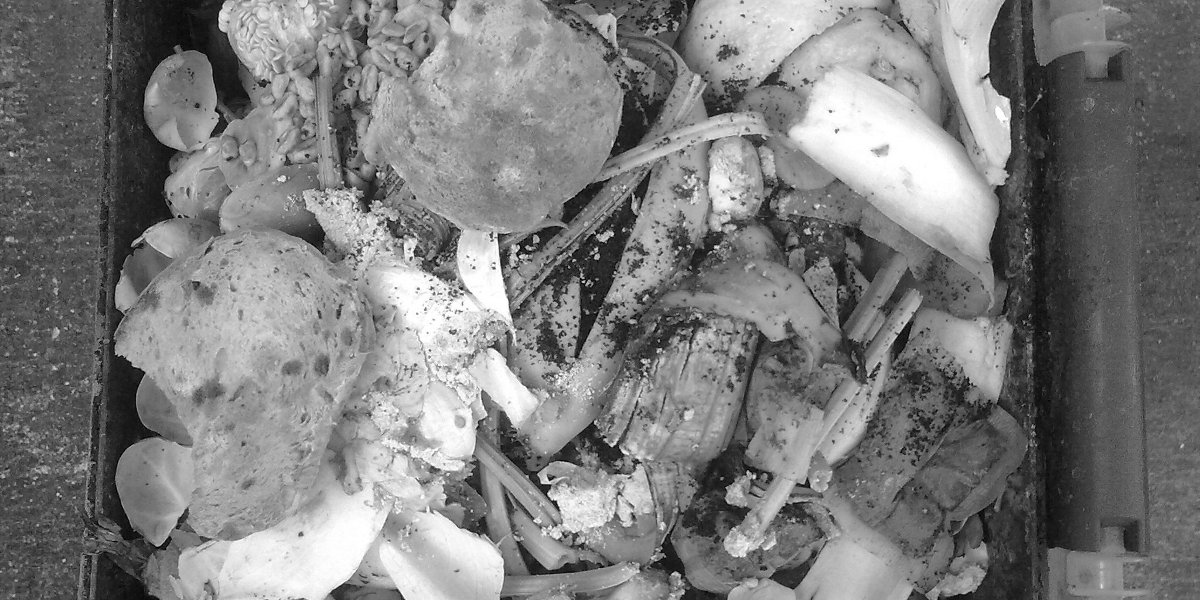Waste not, want not
Food waste costs UK households £12billion a year. But making people aware of this, which is the predominant approach of environmental campaigners, is not the way to motivate people to do something about it. If we want to get serious...
Food waste costs UK households £12billion a year. But making people aware of this, which is the predominant approach of environmental campaigners, is not the way to motivate people to do something about it. If we want to get serious about sorting out our food waste problem, we need to talk about the environment. New Fabian Society research launched today teaches us that the wallet is not the route to hearts and minds on the issue of food waste.
One of the main reasons for this is that very few people actually see themselves as wasting food. In a recent Fabian Society study, 94% of over 40 people interviewed said they only threw away little or no food. In consumer research released by Birds Eye today one of the findings is that families are underestimating the amount of food they think they’re wasting; guessing at £270 a year – whereas according to WRAP the actual figure is £680.
If almost no one thinks they waste food, then telling people they can save money by not doing it isn’t going to get us that far. That’s why when forced to choose between environmental concerns and financial worries as a motivation for reducing food waste, the majority of people in our study chose going green.
The simple belief that people can care more about saving the planet than saving money could be revolutionary in addressing our food waste problem.
So, helping people to plan their meals better so they don’t end up over-catering; educating people about freezing leftovers and that it’s not just fresh food that’s healthy but frozen too; and raising awareness about how common sense can sometimes be more instructive than sell-by/use-by dates, all has to be done at the same time as telling people about the environmental impact of food waste. Food waste generates the same impact on climate change as a fifth of the cars on UK roads. Cars get us places. They serve a purpose. Throwing food away serves only to harm our environment and makes us look careless.
But no matter how powerful environmental information is, there always remains a worry that good intentions and actions of some will be cancelled out by the failure of others to do the same. If your neighbour isn’t doing their bit, what’s the point in taking the trouble yourself? This feeling of powerlessness is amplified to the nth degree by the actions of massive companies. And that brings us to supermarkets.
What’s the point of a public engagement campaign to lower household food waste if supermarkets can chuck vast amounts of food out at the end of each day? The reality is that most supermarkets are actually doing something about their food waste problem. Some of them are even publishing transparent accounts of what they waste and are setting out the steps they are taking to reduce this. But other supermarkets decline to comment when asked about how much they are throwing away.
This sort of business behaviour sends out all the wrong signals. If supermarkets can show they are all taking food waste seriously, imagine how much more seriously their customers would take it..
So how do we get the practice of the best performing supermarkets to become the practice of all supermarkets? If we compelled all supermarkets to publish and be graded on their food waste performance, we’d soon know who the best were. After a while, they’d probably all be near-perfect.
Forcing supermarket transparency on food waste isn’t the magic bullet to solving this problem. But it can be an important step in a longer journey to building public awareness and support for strategies to reduce food waste. It would signal that government, business and households are playing their part. It would also show that business can care about more than just short-term profit.
The point is, there is more than just money to be saved and we shouldn’t be scared of saying so. With global supplies of freshwater and available farmland declining at an increasing pace, we all have a responsibility to do something about it. Every little helps.
Natan Doron is that author of the report ‘Waste not, want not: how can fairness concerns shift public attitudes to food waste’ which was published by the Fabian Society today. The report is launched at a roundtable discussion in the House of Commons today with shadow DEFRA minister Mary Creagh MP, author Tristram Stuart and Birds Eye CEO Andy Weston-Webb.
The report was kindly supported by Birds Eye.
